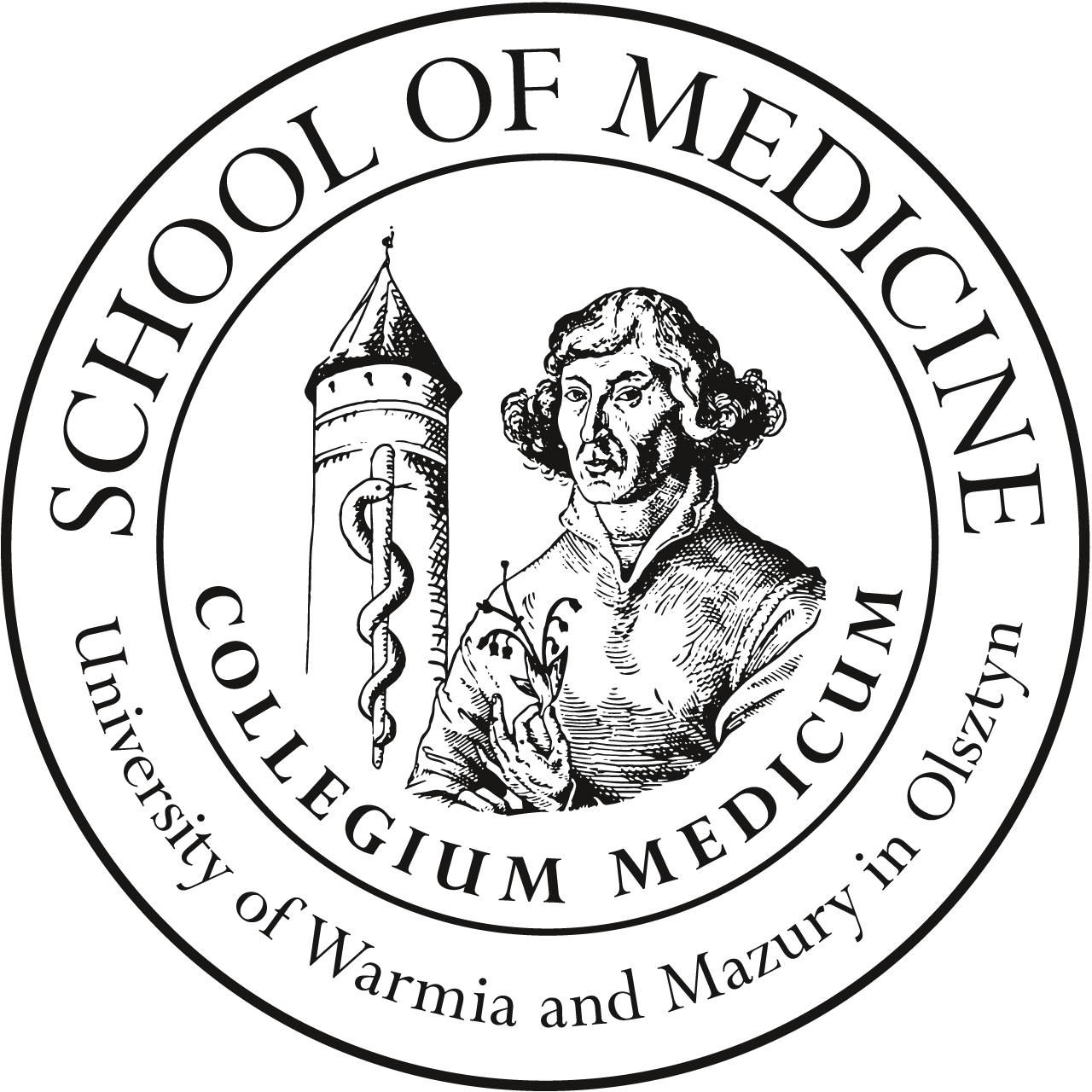SCHEDULES AND THEME
EBM WITH ELEMENTS OF MEDICAL STATISTICS
1. History and development of EBM and Cochrane Collaboration. Basic assumptions and principles of evidence
based medicine. Definition of endpoints (hard, soft, primary, secondary, clinically important, surrogate,
composite). Quality of life and tools to its assessment. Types of studies (original: experimental, observational,
surveys; secondary: review papers, systematic analysis, meta- analysis, guidelines and recommendations).
Randomisation. 2. Design and performance of double blind randomized control trial, basic statistical analysis
and outcome analysis. Principles of making a poster. Sources of reliable answers. 3. Poster presentations.
Types of variables. Effect size, definitions: risk, risk difference, absolute risk reduction, absolute risk increase,
absolute benefit increase, number needed to treat, number needed to harm, hazard ratio, odds ratio, p value
and statistical significance, outcome interpretation. Statistical vs. clinical significance. Diagnostic tests,
usefulness of test, sensitivity and specificity. Partial and full economic analysis. Markov model. Meta- analysis
and systematic analysis, assessment of their reliability. Analysis and interpretation of outcomes in metaanalysis.
4. Drugs registration, phases of clinical trials. Ethical aspects of clinical trials, bioethics committee.
Definitions: Hirsch index, Impact factor. Strength of recommendations (classes of recommendations and levels
of evidences). GRADE system.


